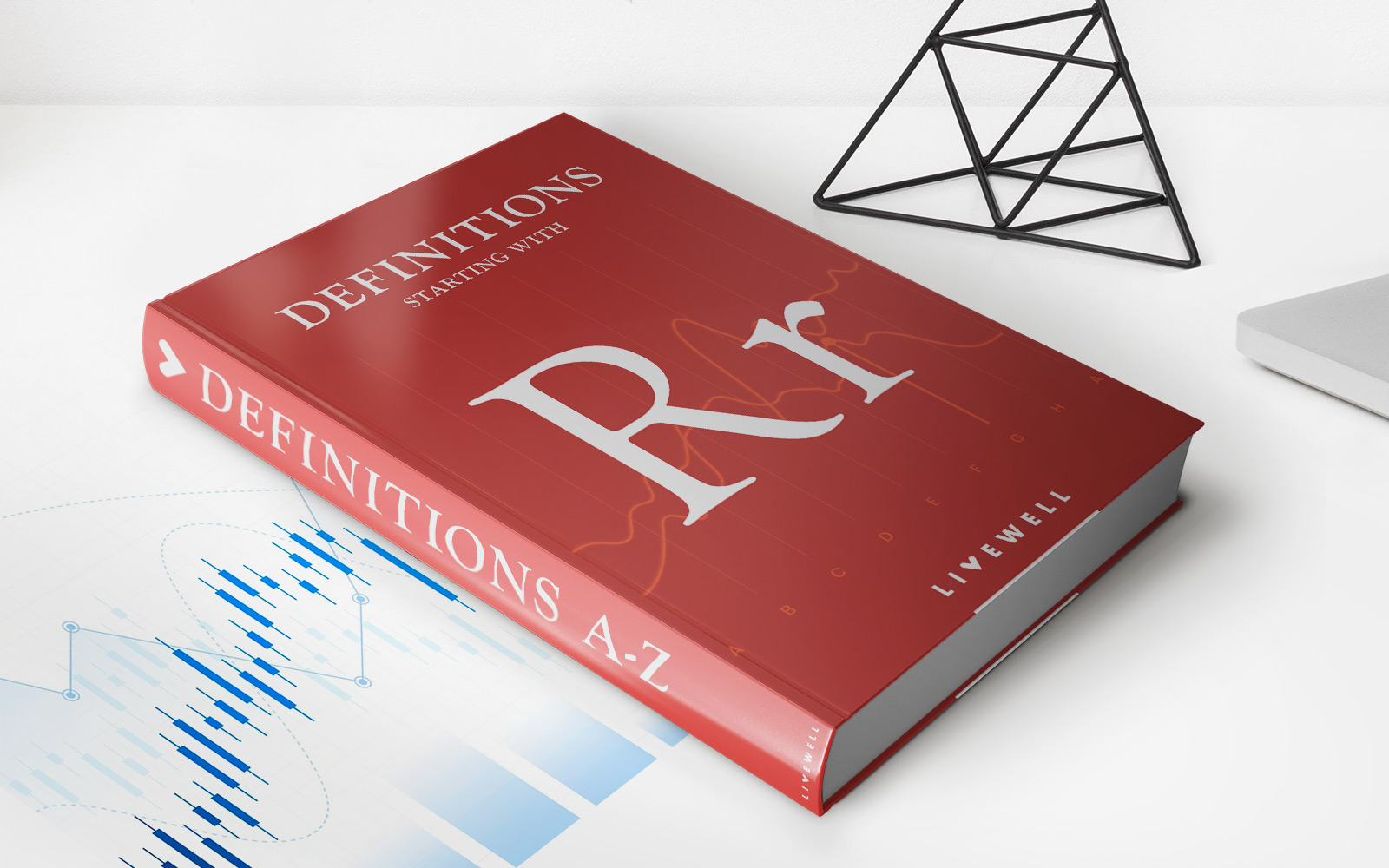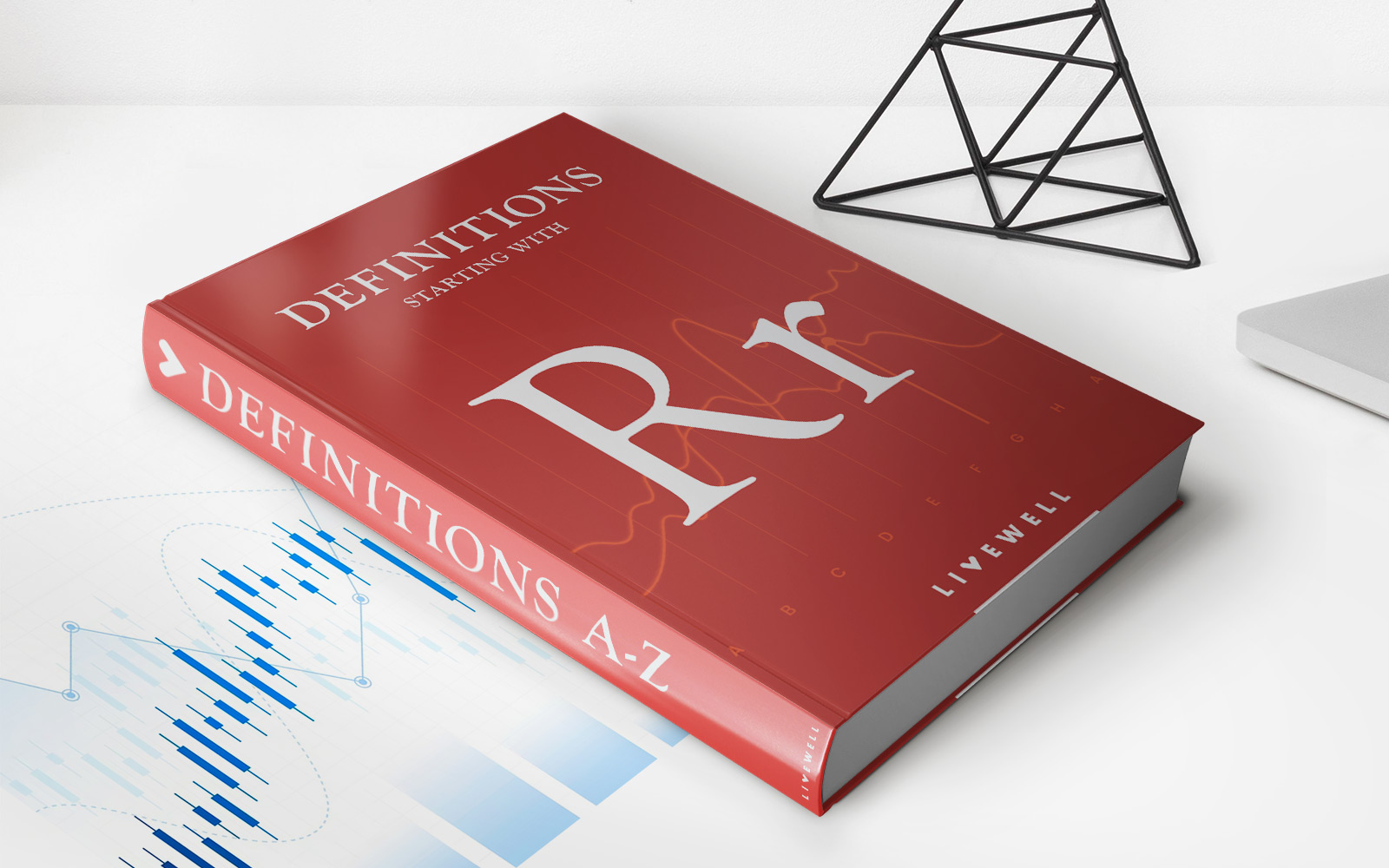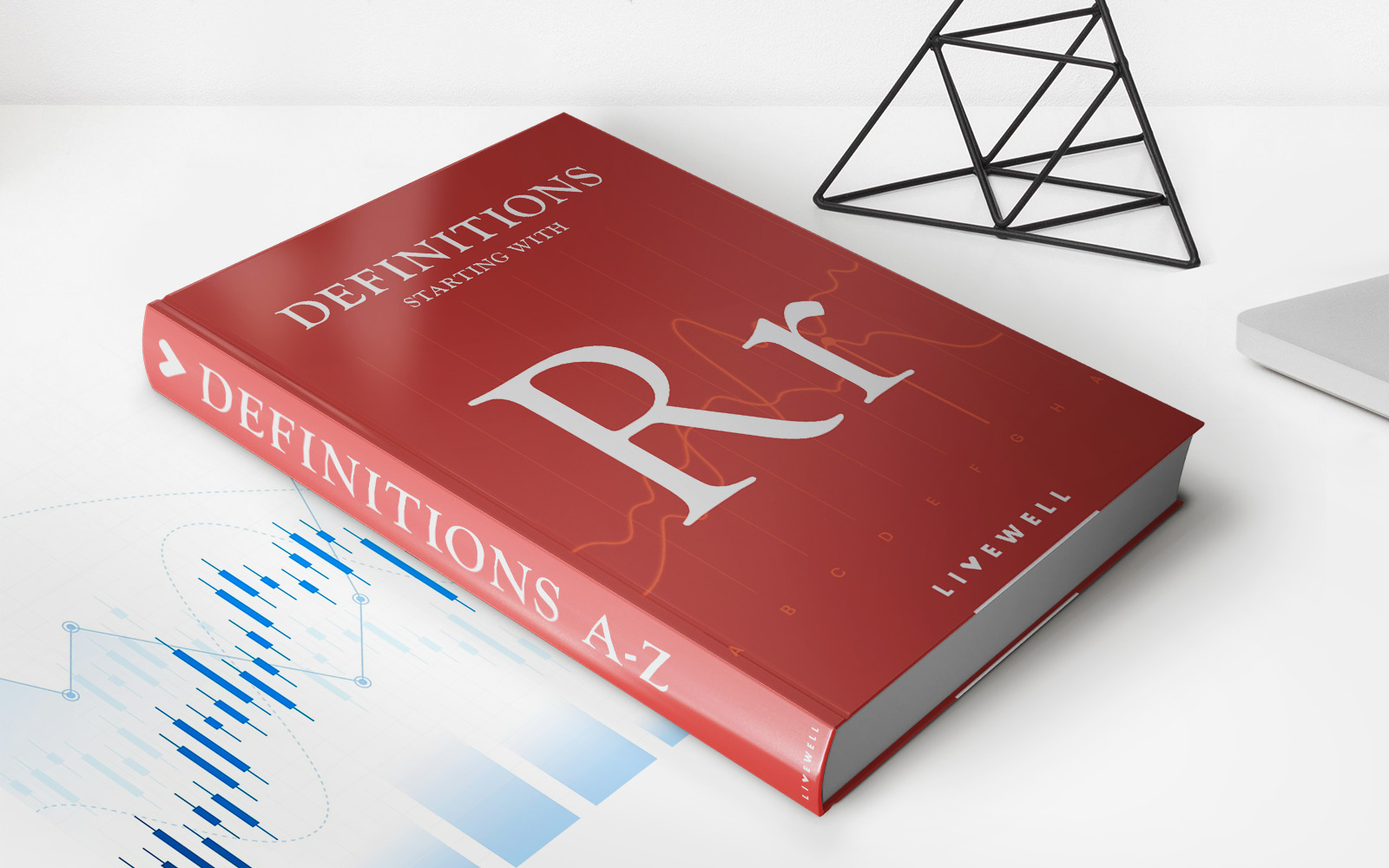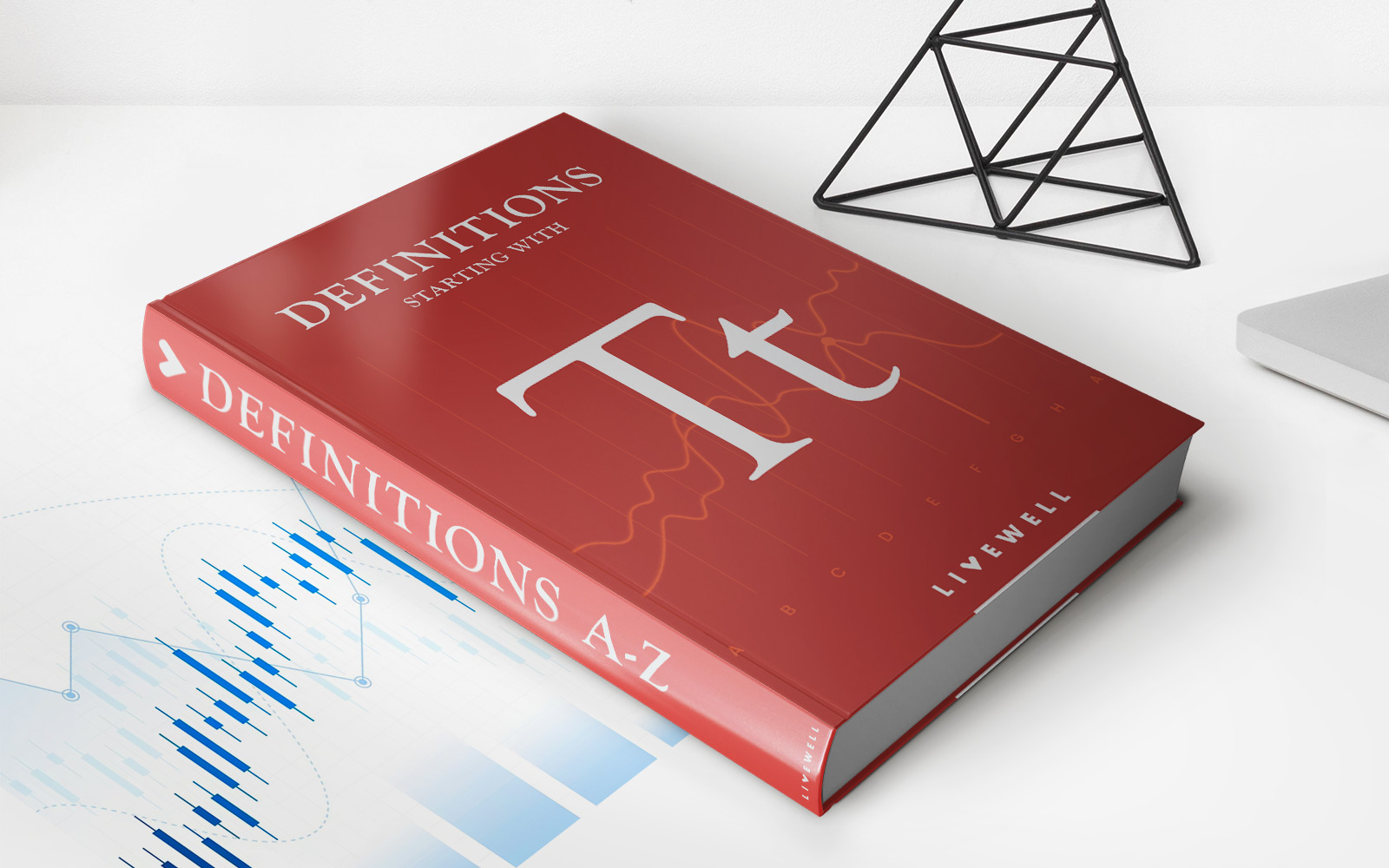Home>Finance>Why Is GDP An Imperfect Measure Of Economic Well Being


Finance
Why Is GDP An Imperfect Measure Of Economic Well Being
Published: October 29, 2023
Discover why GDP is not a perfect indicator for measuring economic well-being, explained by our finance experts. Gain insights into alternative measures.
(Many of the links in this article redirect to a specific reviewed product. Your purchase of these products through affiliate links helps to generate commission for LiveWell, at no extra cost. Learn more)
Table of Contents
Introduction
Gross Domestic Product (GDP) is often regarded as a reliable indicator of a country’s economic performance. It measures the total value of goods and services produced within a specified time period. However, it is important to understand that GDP is not a perfect measure of economic well-being. While it provides some useful insights into the overall health of an economy, it fails to capture certain important factors that contribute to the overall quality of life of individuals and societies.
GDP primarily focuses on economic production and consumption, which means that it may not reflect the true picture of the well-being of a nation’s population. There are several limitations and shortcomings associated with relying solely on GDP to gauge a country’s standard of living.
In this article, we will delve into the various reasons why GDP may not provide a comprehensive understanding of economic well-being. We will explore the limitations of GDP as a measure and shed light on other factors that should be taken into consideration when assessing the economic health and quality of life of a nation’s citizens.
Limitations of GDP as a Measure of Economic Well-Being
While GDP is widely used as an indicator of a nation’s economic performance, it has several inherent limitations that restrict its ability to accurately reflect the overall well-being of individuals and societies. Let’s explore some of these limitations:
- Excludes Non-Monetary Transactions: GDP only considers monetary transactions, leaving out non-monetary activities that contribute to well-being, such as household production, volunteer work, and unpaid caregiving. These activities are crucial for the functioning of societies but are not accounted for in the GDP calculation.
- Doesn’t Account for Income Inequality: GDP does not take into account how income is distributed among the population. Even if a country has a high GDP, it doesn’t necessarily mean that the wealth is evenly distributed. Inequality can have negative social and economic consequences, undermining the well-being of a significant portion of the population.
- Disregards Environmental Impacts: GDP fails to consider the environmental costs associated with economic activities. Growth in GDP can be driven by activities that harm the environment, such as high carbon emissions and depletion of natural resources. This narrow focus on economic output can lead to unsustainable practices and long-term damage to the environment.
- Overlooks Non-Monetary Factors: GDP neglects important non-monetary aspects of well-being, such as access to healthcare, education, and social support systems. These factors play a crucial role in determining the overall quality of life but are not accounted for in traditional GDP calculations.
- Excludes Informal and Underground Economies: GDP calculations often fail to capture economic activities that occur in the informal and underground sectors. This includes informal work, undeclared income, and illegal activities. These unaccounted sectors can represent a significant portion of a country’s economy, leading to an inaccurate reflection of economic well-being.
Overall, while GDP provides some valuable insights into an economy’s performance, it should be viewed as just one among many indicators when assessing the economic well-being of a country. Recognizing these limitations and adopting a more holistic approach can help policymakers and researchers gain a clearer understanding of the complex dynamics that contribute to the overall well-being of individuals and societies.
Inequality and Distribution Issues
One of the significant limitations of GDP as a measure of economic well-being is its failure to account for income inequality and distribution. While GDP measures the total economic output of a nation, it does not indicate how that wealth is distributed among the population.
Even if a country has a high GDP, it does not necessarily imply that every citizen is benefiting equally from this economic growth. Income inequality can have profound social and economic implications. It can result in social unrest, political instability, and hinder overall economic development.
GDP calculations do not capture the specific distribution of income within a country. High levels of income inequality can be detrimental to the well-being of a society, as it can lead to disparities in access to basic needs, healthcare, education, and social services. These disparities can perpetuate cycles of poverty and hinder social mobility.
Moreover, income inequality can also widen the gap between the rich and the poor, leading to a concentration of wealth in the hands of a few. This can lead to the formation of an elite class that controls a significant portion of the resources and influences decision-making processes, further exacerbating social and economic disparities.
Addressing income inequality requires a comprehensive approach that goes beyond focusing solely on GDP growth. Policies aimed at reducing inequality should include progressive taxation, investment in education and skills training, social safety nets, and promoting equal opportunities for all individuals.
It is crucial to recognize that economic growth alone is not sufficient to improve the well-being of a nation’s citizens. Inclusive growth that benefits all segments of society is essential for sustainable and equitable development.
By incorporating measures that capture income distribution and inequality alongside GDP, policymakers can gain a more accurate understanding of the economic well-being of a nation and develop targeted strategies to address disparities and promote a more inclusive society.
Environmental Impact and Sustainability
Another significant limitation of GDP as a measure of economic well-being is its failure to account for the environmental impact of economic activities. GDP focuses solely on economic output and does not consider the ecological consequences of production and consumption.
While economic growth is often associated with increased production and consumption, this growth can come at the expense of the environment. Industries that contribute to GDP may be responsible for pollution, resource depletion, deforestation, and other forms of environmental degradation.
By solely relying on GDP as a measure of economic well-being, there is a risk of prioritizing short-term economic gains over long-term sustainability. This can have detrimental effects on the environment and compromise the well-being of future generations.
Furthermore, the exclusion of the environmental costs associated with economic activities can lead to undervaluing sustainable practices and underestimating the importance of environmental conservation and preservation. Inadequate consideration of environmental impacts in economic decision-making can result in the overexploitation of natural resources and negatively impact ecosystems and biodiversity.
Recognizing the importance of environmental sustainability, countries and organizations have started exploring alternative metrics, such as the Genuine Progress Indicator (GPI) and the Ecological Footprint, to better incorporate environmental considerations into the measurement of economic well-being. These metrics take into account factors such as pollution, resource depletion, and carbon emissions, providing a more comprehensive picture of the impact of economic activities on the environment.
To ensure sustainable development, policymakers need to go beyond GDP and implement policies that promote green technologies, renewable energy sources, and sustainable production and consumption patterns. By prioritizing environmental considerations alongside economic growth, we can work towards a more sustainable and balanced approach to measuring and improving economic well-being.
Non-Monetary Factors and Quality of Life
While GDP provides a measure of a country’s economic output, it fails to capture important non-monetary factors that contribute to the overall quality of life and well-being of individuals. Economic well-being goes beyond financial prosperity and includes various aspects of life that cannot be quantified in monetary terms.
Factors such as access to healthcare, education, social support systems, and cultural and recreational opportunities are crucial for a high quality of life. However, these aspects are often overlooked in GDP calculations, resulting in an incomplete understanding of economic well-being.
For example, a country with a high GDP may still have inadequate healthcare systems, limited educational opportunities, and a lack of social safety nets. This means that despite the economic prosperity, the well-being of its citizens may be compromised. On the other hand, a country with a lower GDP may prioritize investments in healthcare, education, and social welfare programs, leading to a higher overall quality of life for its citizens.
By incorporating non-monetary factors into the measurement of economic well-being, policymakers can gain a more comprehensive understanding of the overall welfare of individuals and societies. It allows for a more holistic approach to development, where emphasis is placed on improving the well-being of citizens in multiple dimensions rather than solely focusing on economic output.
Measuring indicators such as life expectancy, literacy rates, access to basic services, and subjective well-being can provide valuable insights into the quality of life of a population. These indicators help policymakers identify areas where improvements are needed and make more informed decisions to enhance the overall well-being of citizens.
Recognizing the importance of non-monetary factors in assessing the quality of life, some countries have started to adopt alternative measures of well-being. For example, the Human Development Index (HDI) considers indicators such as education, life expectancy, and income to provide a more comprehensive view of human well-being.
By expanding our focus beyond GDP and incorporating non-monetary factors, we can move towards a more holistic and inclusive approach to measuring and improving economic well-being, one that prioritizes the overall quality of life of individuals and communities.
Inclusion of Informal and Underground Economies
One of the limitations of GDP as a measure of economic well-being is its failure to fully capture the contribution of the informal and underground economies. These sectors, often referred to as the “shadow economy,” encompass a range of economic activities that are not formally recognized or regulated by the government.
The informal economy includes activities such as street vending, small-scale subsistence agriculture, and unregistered microenterprises. The underground economy, on the other hand, involves illegal activities such as smuggling, drug trafficking, and unreported income. These sectors play a significant role in many countries, particularly in developing nations, but are not adequately represented in GDP calculations.
By excluding the informal and underground economies, GDP underestimates the true economic activity and well-being of a nation. In some cases, these sectors can be substantial contributors to employment and income generation. Failing to account for them leads to an incomplete picture of a country’s economic health and can hinder the development of targeted policies to address the needs of these sectors.
Furthermore, the exclusion of the informal and underground economies can distort economic comparisons between countries. Countries with a larger share of their economic activity in the informal sector may have lower reported GDP figures, thus appearing less economically developed compared to countries with a smaller informal sector.
A more comprehensive approach to measuring economic well-being would involve finding ways to include the informal and underground economies in the calculations. This requires developing methodologies and gathering data to estimate the size and contribution of these sectors accurately.
Efforts to integrate informal and underground economies into official economic statistics are essential for a more accurate understanding of economic well-being. It can help policymakers identify areas for improvement, address the unique challenges faced by these sectors, and create policies that promote their formalization and inclusion.
By acknowledging and accounting for the informal and underground economies, we can strive for a more comprehensive and representative measure of economic well-being that reflects the realities of a nation’s economy and supports inclusive and sustainable development.
Unpaid Work and Household Production
Another critical aspect that is often overlooked in GDP calculations is the contribution of unpaid work and household production. Unpaid work refers to activities such as caregiving, household chores, and volunteer work that are not typically compensated in monetary terms but are essential for the functioning of society.
While unpaid work does not generate income, it plays a crucial role in supporting individuals, families, and communities. It includes activities such as child-rearing, cooking, cleaning, and caring for family members. However, these contributions are not accounted for in traditional GDP calculations.
Excluding unpaid work from GDP calculations can lead to an underestimation of the true economic value and well-being of a nation. Unpaid work contributes to the smooth functioning of households and enables individuals to participate in paid employment and other activities that contribute to economic growth.
Furthermore, the absence of recognition for unpaid work perpetuates gender inequalities. Women, in many societies, bear a disproportionate burden of unpaid work and household responsibilities. This limits their participation in paid employment and hampers their economic empowerment and overall well-being.
Including unpaid work in the measurement of economic well-being requires developing methodologies to estimate the value of these contributions. Some approaches, such as the Time-Use Surveys, collect data on how individuals allocate their time between different activities, including paid work, unpaid work, and leisure. This data can help quantify the value of unpaid work and provide a more comprehensive view of economic well-being.
Recognizing and valuing unpaid work in GDP calculations is not only important for obtaining a more accurate measure of economic well-being but also for designing policies that address the needs and challenges faced by individuals performing unpaid work. This can include measures to support work-life balance, investing in childcare and caregiving infrastructure, and promoting gender equality in both paid and unpaid work.
By incorporating unpaid work and household production into the measurement of economic well-being, we can strive for a more inclusive and equitable understanding of the contributions of individuals and households, acknowledging the vital role they play in the functioning and development of society.
Leisure Time and Happiness
In addition to the limitations discussed earlier, GDP as a measure of economic well-being often fails to capture the importance of leisure time and its impact on overall happiness and well-being. GDP focuses on economic production and consumption, but it does not take into account the quality of life and personal fulfillment that leisure activities can bring.
Leisure time is valuable for individual well-being as it allows people to pursue hobbies, engage in recreational activities, spend time with loved ones, and focus on personal growth and self-care. However, these aspects of well-being are not directly considered in GDP calculations.
When individuals have more leisure time, they have the opportunity to engage in activities that bring joy, relaxation, and fulfillment. This can have a positive impact on mental health, physical well-being, and overall life satisfaction. Moreover, leisure time has been linked to increased creativity, productivity, and innovation, which can lead to economic advancements in the long run.
GDP fails to account for the value that individuals derive from leisure activities. In a society where people prioritize work and economic productivity over leisure and personal well-being, there can be negative consequences such as stress, burnout, and a decrease in overall happiness. Striking a balance between work and leisure is essential for maintaining a healthy and fulfilling lifestyle.
Measuring the well-being derived from leisure time and incorporating it into the assessment of economic well-being is challenging. Subjective measures such as self-reported happiness and life satisfaction can provide insights into the impact of leisure on well-being. Additionally, qualitative research and surveys can help understand how individuals prioritize and experience leisure activities.
To promote a more comprehensive understanding of economic well-being, policymakers should consider the importance of leisure time and its impact on individual and societal happiness. This can be achieved by implementing policies that support work-life balance, flexible working hours, and accessible leisure opportunities for all members of society.
By recognizing and valuing the significance of leisure time, we can move towards a more holistic measurement of economic well-being that takes into account the happiness, satisfaction, and overall quality of life of individuals and communities.
Conclusion
GDP has long been regarded as a primary measure of economic well-being, but it is far from perfect. We have explored several limitations of GDP that highlight its inability to provide a comprehensive understanding of the overall welfare of individuals and societies.
From excluding non-monetary factors and the informal economy to disregarding the environmental impact and the value of unpaid work, GDP calculations fail to capture important dimensions of economic well-being. Moreover, it does not consider the distribution of income, gender inequalities, and the value of leisure time.
To overcome these limitations and achieve a more accurate assessment of economic well-being, it is crucial to incorporate alternative measures and indicators. These may include measures of inequality, environmental sustainability, unpaid work, and subjective well-being.
By adopting a more holistic approach to measuring economic well-being, policymakers can gain a deeper understanding of the complex dynamics that contribute to the overall welfare of individuals and communities. This understanding can inform the development of more targeted policies and interventions that address the multifaceted needs and challenges faced by different segments of society.
Recognizing the limitations of GDP also prompts us to question the pursuit of infinite economic growth as the sole indicator of progress. Instead, we should strive for sustainable and inclusive development that considers not only economic factors but also social, environmental, and personal dimensions of well-being.
In conclusion, while GDP provides a useful snapshot of economic output, it should be viewed as just one piece of the puzzle when evaluating the well-being of a nation. By adopting more comprehensive measures and considering a broader range of factors, we can create a more accurate and meaningful assessment of economic well-being that reflects the true needs and aspirations of individuals and societies.














